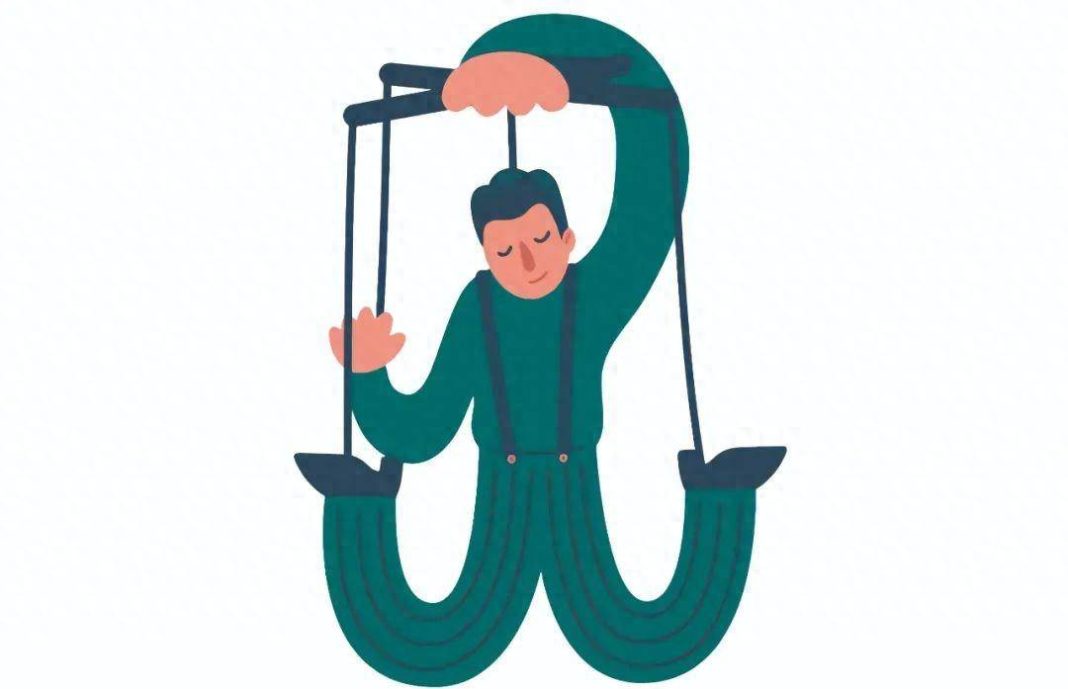Do you often encounter these situations: wanting to finish your homework quickly but always unable to put down your phone; knowing that eating too many snacks is bad for your teeth and body, but always unable to stop… These phenomena all stem from one question: Do you have enough self-control?
5-Minute Self-Control Test
Various temptations in life may distract you. Do you have the self-control to say “no” to these temptations? Let’s do a meditation experiment together to experience it.
Sit quietly on a chair or cross-legged on the floor; sit upright with hands on your knees; close your eyes or focus on a white wall; concentrate on the sensation of air entering and leaving your body as well as the changes in your chest and abdomen.
If you can keep from zoning out for over 5 minutes, congratulations, you are good at self-control. Most people can’t last 1 minute without zoning out.
What You Should Do versus What You Want to Do
During meditation, focusing on breathing is like “what you should do”, while zoning out is like “what you want to do”. Sometimes people find themselves conflicted between these two, for example, if you have to wake up early tomorrow, your current “should do” is to go to sleep, but your “want to do” is to play games for a while. People with strong self-control will choose “what they should do” to achieve their goal, while those with weak self-control will choose “what they want to do”, fulfilling immediate desires without considering future outcomes. Which one do you usually choose?
Excessive Indulgence – Happiness is Temporary
Indulging in “what you want to do” may bring immediate satisfaction and joy, but blindly following your desires often leads to unfavorable outcomes.
In the summer of 2016, a 12-year-old boy named Xiao Cong from Fujian spent his entire vacation playing games, often playing for more than 10 hours at a stretch. One day, after playing games continuously for 5 hours, he suddenly developed a headache, was rushed to the hospital, and eventually died despite emergency treatment. Doctors diagnosed him with sudden death due to prolonged intense brain tension and physical fatigue.
Chen Chen from Shenzhen only likes to eat staple foods, meat, snacks, and drinks, rarely consuming vegetables. Sometimes he even treats drinks as water, avoids exercise, and at the age of 11, his weight reached 125 kilograms with abnormal liver function. If it worsens, it could develop into cancer.
Maintaining a Good State Requires Self-Control
David Beckham, a famous British football player, retired at the age of 38. Many retired athletes gain weight rapidly due to lack of strict training and matches.
Even 8 years after his retirement, Beckham still maintains intense daily exercise, controls his diet, and often takes his family back to the field to train. This dedication allows the almost 50-year-old Beckham to maintain a perfect physique and healthy body just like before his retirement.
To achieve Beckham’s level, strong self-control is necessary.
Self-Control Relies on the Prefrontal Cortex
Human self-control stems from the prefrontal cortex of the brain. The prefrontal cortex is the neural region behind the forehead and eyes; the more active the cells in this region, the stronger your self-control. Without it, you cannot control yourself.
In 1848, American railway worker Phineas Gage was originally a strong and gentle person. During work, he had a steel rod pierce his skull, damaging his prefrontal cortex. Despite surviving, he became a different person due to the prefrontal cortex injury, becoming easily angered, impatient, and often insulting others.
You Can Train Your Self-Control
Aliyah Permata, an 11-year-old boy from Indonesia, weighed over 190 kilograms due to excessive eating. Obesity prevented him from going to school and walking, putting his life at risk. He decided to change, and through surgery, exercise, altering his daily routine, and controlling his diet, he managed to reduce his weight to 82 kilograms after 5 years of effort. With his height also increasing, he looked more energetic, disciplined, and vibrant.
The human brain is like a muscle that can accumulate more tissue and increase density through training. When you consciously improve your attention, impulsive control, and self-awareness, your self-control will awaken. This will enhance the neural organization in your prefrontal cortex, making your self-control stronger in a positive cycle.


